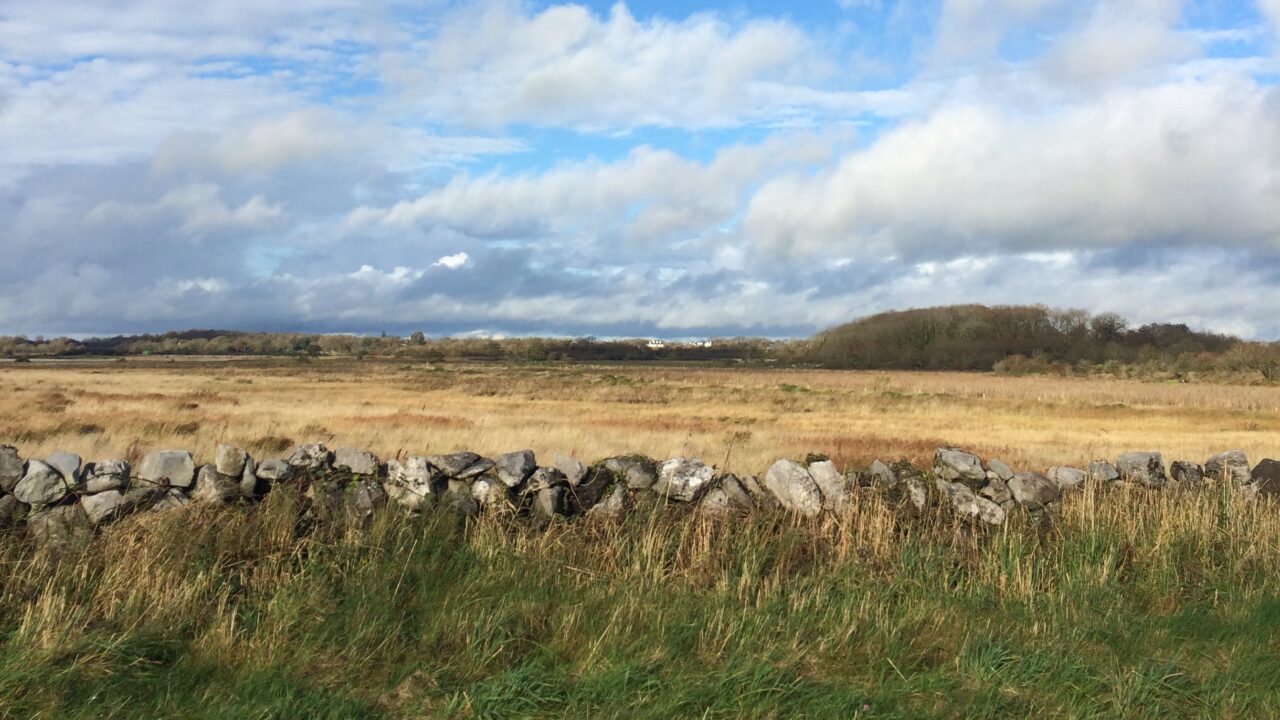Teagasc needs to go back to the drawing board and look at the advice it offers to low-intensity farmers, ICSA President Patrick Kent has said.
Speaking at yesterday’s meeting of the Joint Oireachtas Committee on Agriculture, Kent said that farmers need to make individual choices because some farms have different stocking levels and densities.
“Certainly the advice for farmers would be different for each one depending on how highly or lowly stocked they are or how young the farmer is,” he said.
“Individual decisions for one may not suit another.
“But I think Teagasc needs to give some direction in this as they don’t have any low-stocking rate controls to compare this highly intensive, high input farming with,” he said.
Kent added that some low-intensity farmers, particularly older farmers, are making money because they are not spending a lot of money.
Their inputs are low, their stocking density is lower and their work rate is lower.
The Wexford-based farmer suggested that such farmers could be used as a model to get young farmers into farming.
“They may have time as a result of low-intensity farming to get a part-time job or get a way from the farm or maybe have a full time job away from the farm,” he said.
There is different advice for different farmers and I think Teagasc needs to go back to the drawing board.
Kent also said that some of the advice Teagasc has been providing is not applicable to all farms, particularly on the area of ramping up stocking rates and the move to intensive dairying.
For some individual farmers it may the perfect advice, he said, but for others, depending on how much resources they have available, it may not be.
The ICSA President also told the committee that he thinks Bord Bia has lost direction and rather then policing farmers on Quality Assurance and Origin Green, it should focus more on marketing farm produce.
“Bord Bia’s personnel need to be redirected into marketing and we need to market our product as the best available.
“As farmers we are certainly willing to provide food and we would like to see a little bit of benefit from it,” he said.
Kent also said that Food Wise 2025, a model which he sees as being unsustainable, has to be revisited as some of the projections are very ambitious.
I think that it probably needs to be convened again to have a look at where the direction is from here,” he said.
On the quality of food produced in Ireland, he added that Ireland has unique selling points, but the purity of Irish food has not been pushed enough.
“GM-free is a thing we have dropped the ball on. There isn’t one GM crop we can grow profitability in this country as it is, with science they are all designed for hotter climates.
“But we can sell our food as a GM-free food at a higher price and as a healthier food,” he said.

